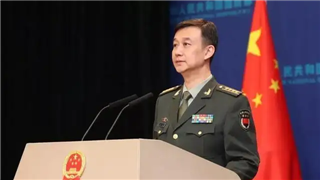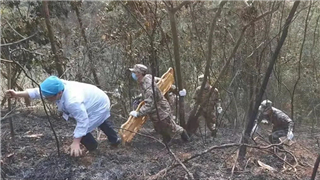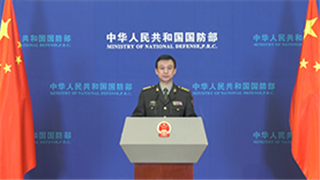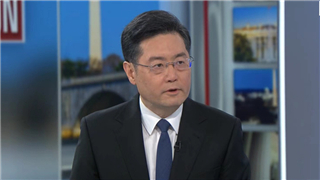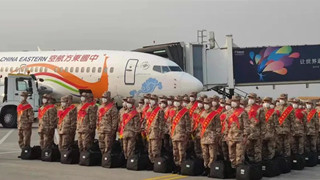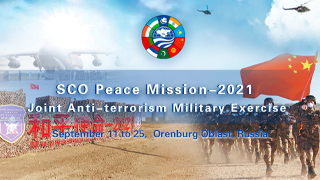BANGKOK, March 26 (Xinhua) -- The U.S. Indo-Pacific strategy seeks to extend strategic influence in the region through ganging-up to suit the U.S. own interests, which will undermine the region's stability and development, an expert specializing in ASEAN studies has said.
From a geopolitical perspective, the U.S. Indo-Pacific strategy will dampen the momentum of safeguarding regional security and development through cooperation, as the U.S. engagement will force some countries to "take sides," causing division and confrontation among countries in the region, Yang Baoyun, a professor at Thailand's Thammasat University, said in a recent interview with Xinhua.
The U.S. strategy will also cast a shadow on the region's thriving economic cooperation, and the U.S. practice of drawing an ideological line between countries will create division and even conflicts, Yang said.
Through the U.S. Indo-Pacific strategy, which in essence targets China, the United States is playing a zero-sum game, seeking to hold back China's rejuvenation while holding on to its hegemony, he said, adding that it will surely undermine the region's stability and development as well as the fundamental interests of countries in the Asia-Pacific region.
Speaking of the Russia-Ukraine conflict, which will inevitably impact the Asia-Pacific region, Yang said the United States could not shirk its responsibility for the current situation, judging from the root cause and development of the conflict.
"There are various potential risks in the Asia-Pacific region that may lead to conflicts," and with the disruption by external forces, these risks might lead to serious conflicts if not properly handled, he said.
Countries in the Asia-Pacific should maintain strategic resolve, foster the awareness of a closer community with a shared future, jointly uphold regional peace and security, and resolve the region's disputes through negotiation and in accordance with the UN Charter and the norms of international law, Yang said.
As most countries in the Asia-Pacific are developing countries, he said, development is their common aspiration.
Against a backdrop of a prolonged pandemic, sluggish economic recovery and a complex international landscape, countries in the Asia-Pacific should maintain the sound momentum of promoting development via cooperation and make good use of existing regional cooperation platforms to push forward peaceful development, and settle disputes and safeguard common interests in a timely manner, Yang said.
